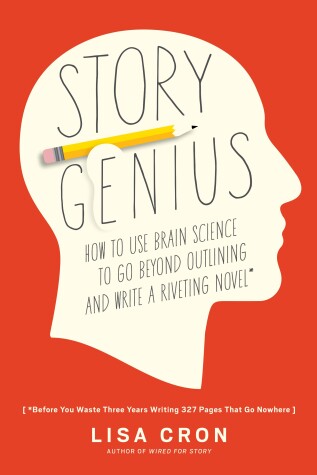Reviewed by Jane on
Cron writes with verbosity, thus leading to 1) long-winded paragraphs that could easily be exchanged for a few sentences, 2) repetitive statements and 3) quick disinterest. I started reading this book before bed because it exhausts me. I frequently have to reread paragraphs to figure out the point she is trying to make, because she rambles on and on and on and on.
While I agree a character's internal struggle drives the external plot, I don't believe every inch of something needs to be mapped out before an author begins working on it. Considering Cron said, at the beginning of the book, one's writing (grammar, punctuation and spelling) is not as important as the plot, I couldn't help feeling like she was berating readers and people for feeling like it IS important -- especially with her own poor grammar and punctuation. She throws high-vocabulary words out in a way that feels like she's trying to show off.
Really, Cron's cocky attitude grew too annoying.
The advice offered in this book seems detrimental to a story, especially since the sample novel by the budding writer seemed to change based on what Cron wanted rather than what the writer wanted -- a common top point indie authors often point out: indie publishing means you've more of a chance to publish the story you need to tell than what some editor or publishing character will want.
Don't even get me started on the misleading title.
Reading updates
- Started reading
- 16 October, 2016: Finished reading
- 16 October, 2016: Reviewed
